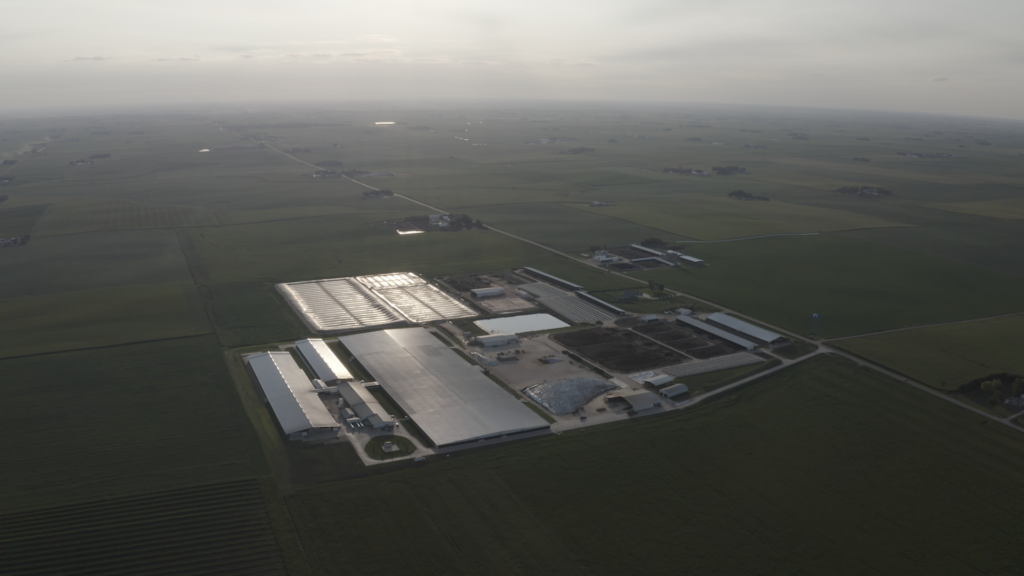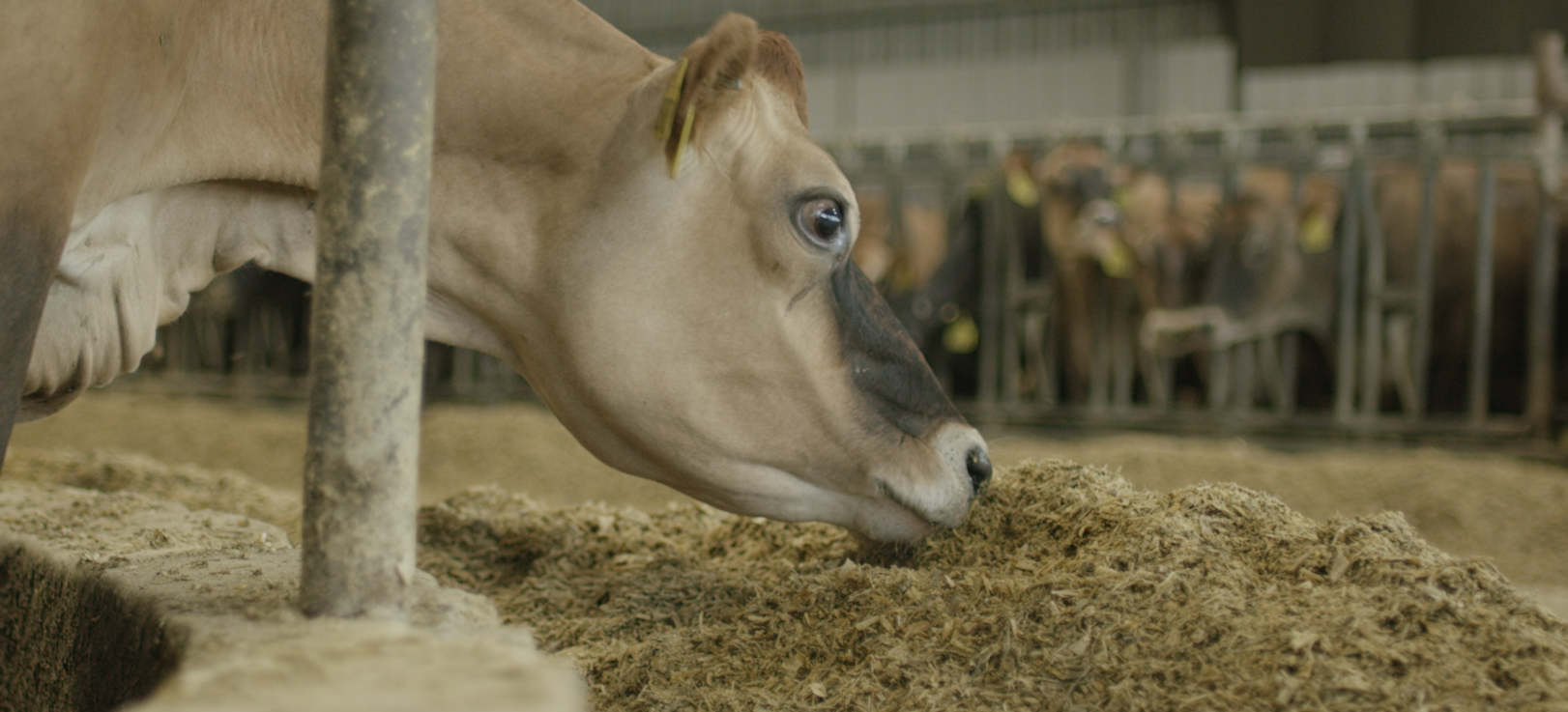Gevo’s renewable natural gas (“RNG”) project in Northwest Iowa produces biogas and injects it into pipelines.
The project generates RNG captured from dairy cow manure (the “Feedstock”). The Feedstock for the RNG Project is supplied by three dairy farms located in Northwest Iowa totaling over 20,000 milking cows.

With an upgrade to the facility expected to be completed in Q4 2023, the RNG Project is expected to generate approximately 400,000 MMBtu of RNG per year, which will be transported to California. The RNG Project signed agreements in August 2021 with BP Canada Energy Marketing Corp. and BP Products North America Inc. (collectively, “bp”) for the sale of NW Iowa RNG’s production (the “bp Agreements”).


The RNG Project is a key factor to Gevo’s success because it provides renewable energy that is fungible in the established infrastructure. This project was first conceived as a source for waste-reducing, locally sourced thermal energy to power the fermentation process for alcohol-to-jet and other advanced-renewable-fuel pathways at fuels production facilities currently under development, as well as other planned facilities. The reduced carbon score introduced to our process by RNG derived from dairy-farm-based feedstocks is expected to help us achieve our renewable energy goals and pass the benefit on to our customers.

